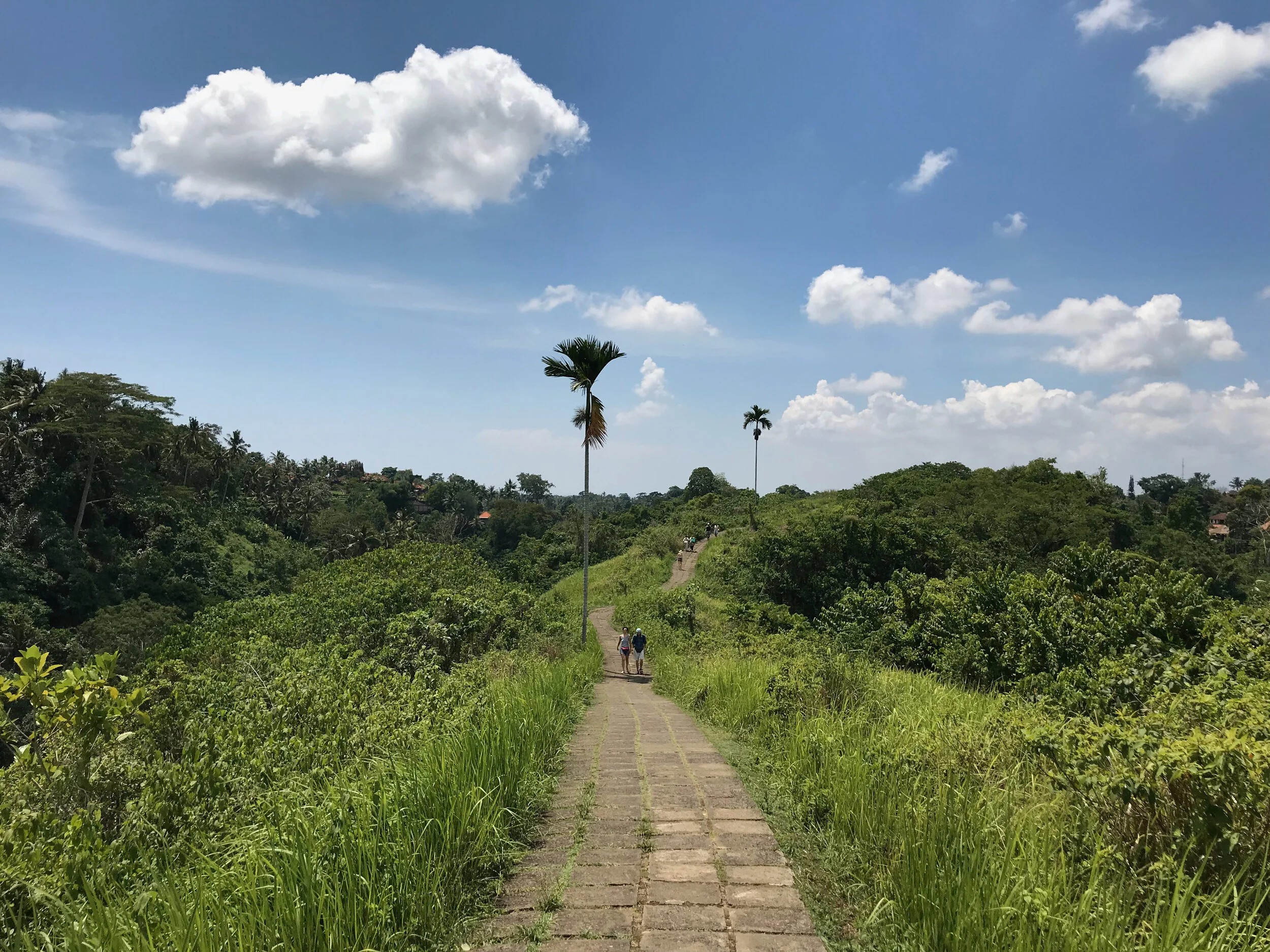If you're a regular reader of the CLEAR design lab newsletter, you may have noticed that after years of weekly posts, there was an unannounced and unremarked upon hiatus.
That hiatus was due partly to straightforward factors (other responsibilities/projects stacking up) and partly philosophical ones: "Do I want to write this anymore?" "Is this practice advancing conversations or merely aggregating?" "What are insights without actions?"
"I" in this case, is Andrew Edman, the person that's been finding, linking, and commenting on these stories of design, technology, and manufacturing over the years.
After some thinking, questioning, and seeking, I have decided to keep the blog going.
There will be some changes in approach, frequency, and style that I hope will expand the usefulness of this blog for you the reader, me the author, and us, the communities we live and work within."
I want this blog to be a source of conversation and collaboration, rather than an one-sided communiqué. Here's to more connection in 2020; to seeing, hearing, listening clearly.
"That is what we have to do now, in the first days of 2020. Dream unashamedly big dreams, dreams that reimagine the more just and loving world we want to live in, not the one traditional science fiction or even the media suggests is inevitable. Put these dreams to paper, speak them into the world, and work together to make them a reality."
-Eric Holthaus, telling the story of the better world we can build
Designing Space:
The highly personalized spaces of Ukrainian balconies: "During my research, I came across balconies where mushrooms were being cultivated. In Poltava, someone kept a pig on the balcony. Some years ago, in Dnipro, someone built a small swimming pool up there." The article and it's examples reminded me of a project from the speculative design consultancy, Superflux, called Mitigation of Shock, which they have recently rebooted/retooled for the context of Singapore. Mitigation of Shock is a (speculative) model of how an apartment household in a wealthy nation might reconfigure for survival in times of food shortage or supply chain ruptures, moving from pure consumer behavior to grower/hunter/gatherer.
Open plan offices suck, but so do cubicles. Architect David Dewane wants employers to try something altogether different: "...workers move through five or six distinct zones during the day. Each space has a purpose, from socializing to research, allowing people to alternate between focused work and chances to recharge. The design culminates in individual “deep-work chambers,” intended for focus."
Building Things:
Decades of being the world's workshop has taken a toll on China's environment. In recent years, the nation has taken big steps to intervene in the damage, like shutting down tens of thousands of high polluting factories in 2017, and halting the import of low-grade recyclables with 2018's National Sword program. Now, China's regulatory bodies are turning their attention to metals mining, but many deep problems persist. The job of metal miner has displaced coal miner as the deadliest, and mining operations in the country sometimes abut agricultural ones, posing serious contamination risks.
Material Culture:
"Perhaps the longing for less is the constant shadow of humanity’s self-doubt: what if we were better off without everything we have gained in modern society?" Kyle Chayka's book on minimalism is out later this month, and you can read an excerpt over at The Guardian's website. There's something of a corrective minimalism, maybe even monastic desire that springs up in the form of New Year's resolutions: to cut back on this thing or that, or to be more thoughtful, disciplined, attentive. I think it's no coincidence that those common resolutions appear in the shadow/hangover of Christmas, the largest, crudest materialistic event in the U.S. every year. Minimalism, at least as it applies to stuff, seems to exist in a similar position, as an ethos of purification and structure to resist the ceaseless advertising and selling we are subjected to (and participate in) as part of modern life.
A solid piece on personal brand and consumer behavior as we move into the twenties, from K-Hole's Sean Monahan: "We are desperate not to be the person in the subway ads: quietly aging with singleton roommates, paying for toilet paper fractionally through Splitwise. The advertisements anticipate what everyone already knows: the empty vessel theory of consumerism is on its way out. You can’t cobble together an identity out of purchases. At best you can buy your way out of the question all together. Uber is a way to not buy a car. Airbnb is a way to not stay at a hotel." Like Chayka, Monahan underscores the fading power of stuff or our aversion to what it's meant to signify, at least according the brands and advertisers trying to convince you it all still has some juice. His analysis diverges from Chayka's, where the minimalist's rejection of stuff is part of a pseudo-spiritual, practice of mindfulness, and instead suggests that stuff, and selecting it (however thoughtfully), is a meaningless bore, and that increasingly, we couldn't care less about the specifics.
Making Technology Work for Us:
Recently, I've been thinking about the "death valley" or maybe just a "death era" for industrially-produced goods: the point at which manufacturing methods became too convoluted to avail themselves the average, or even above average repair person. It's fairly straightforward to fix appliances from the 1950s, for example, but near impossible to remedy many of the more modern, miniaturized failure modes of goods with digital components. Whether it's digital cameras or cutting-edge tractors, if you want something that can be made to last, with or without the original manufacturer's blessing, olden is golden. In the case of tractors, farmers are actually seeking out old models for their superior repairability.

